Since 2006, Parisian label Sam Records have been reissuing rare jazz records in small, limited pressings including the previously reviewed Jazz Sur Seine. In short order the catalog became immediately appealing to me for its craftsmanship, quality and authenticity in sound. The construction of a quality reissue for any record is a process and it isn’t always easy. In order to really understand what it takes to reissue a record from the 1950’s or 60’s we asked owner Fred Thomas, a passionate jazz collector, about the process he employs for the Sam Records releases.
Q – The previous review of Barney Wilen’s Jazz Sur Seine mentioned the quality of the disc and packaging. In your opinion, what sets these reissues apart from other labels?
There are more and more reissues of old LPs, especially jazz albums, because most records from the 1950’s and 1960’s have fallen into public domain. European labels re-releasing this material do so without free of charge in some cases, removing the original logo and using a CD for the music, meaning the quality isn’t really there because the source material may be a low-resolution digital source. Other companies like Music Matters, Acoustic Sounds, Speakers Corner, Pure Pleasure do exceptional work. They source master tapes and work with the best sound engineers. The result is superb even if the price is higher.
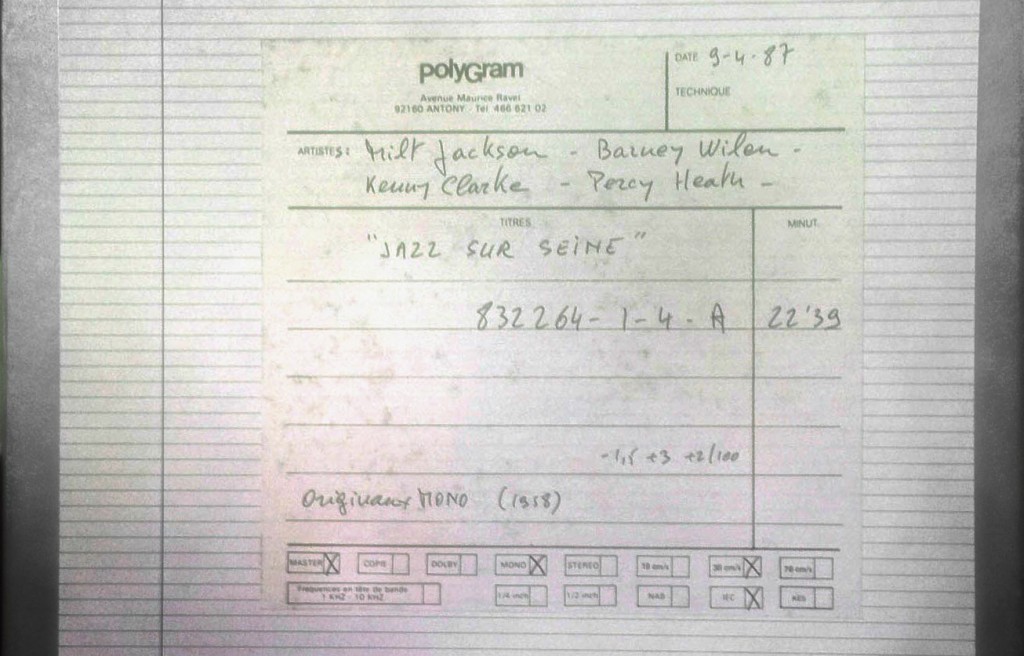
Q – How much research goes into reissuing a jazz album? Is it difficult finding source material?
All the master tapes come from the Universal France archives, so getting the source material hasn’t actually been the most difficult part of the process. The main problem is finding original artwork and photos for jackets. For the Barney Wilen reissue, it took more than a year to find the negative for the cover art because the photographer was not identified on the original release. As Sam Records grows, I’m hopeful that sourcing these important pieces of process will become easier.
Q – I’m willing to bet that a certain amount of perfectionism goes into Sam Records. Is there a point where certain details are overlooked or deemed insignificant to a projects success?
Less Is More is my leitmotif. I always start from original tapes and pictures for matters of quality. This isn’t easy, especially if photographers cannot be found and photos are lost. It’s very much a detective job: to research and reproduce a reissue that comes as close as possible to the original record. I prefer quality over quantity. Minor difference are inescapable, as an example, it is occasionally difficult to find the same fonts as those used at the time because not everything from the pre-digital age was converted into a digital format (handset lead type vs. a font).
I choose titles based on two criteria: the love I have for those particular musicians and the level of rarity of the record. Some musicians and some of my reissues are not very well known outside of France. The process is very subjective and I admit it has somewhat to do with personal preference but also with the desire to get these titles back into circulation so that others may discover and enjoy them as well.
Q – Pallas, Germany presses your discs, but who does the mastering and lacquer cutting?
The mastering is released by a friend of mine, François Le Xuan, who is a pro sound engineer here in Paris and the lacquer cutting is made by Benj at Translab – two really nice guys!
Q – There are 8 releases listed on your site. Can you give us any insights into upcoming projects?
The next projects are two Donald Byrd LPs recorded in Paris in 1958 for the Brunswick label and a Chet Baker EP from 1956 on Barclay. They will be available at the end of October…I hope!!!
Jazz Sure Seine has quickly become a go-to record for me and the future releases along with the existing catalogue make Sam Records an exciting label to follow.
Urban Outfitters is not a Record Store Next Post:
Buy Random Records, Discover New Music

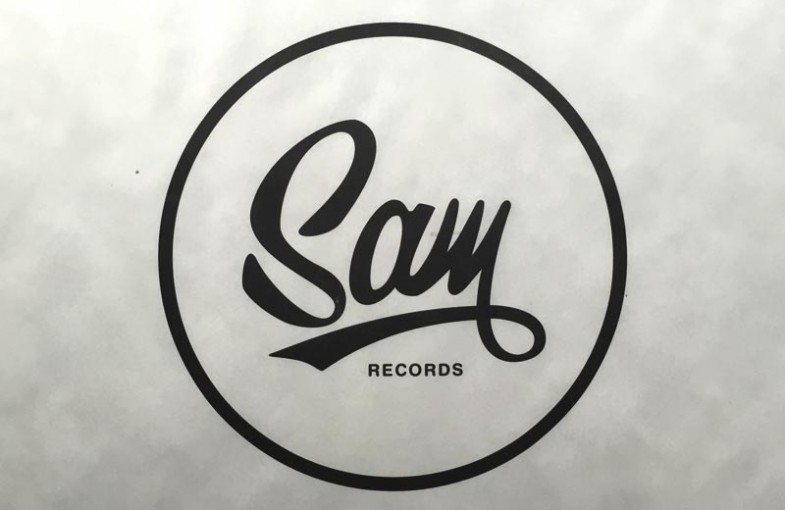
















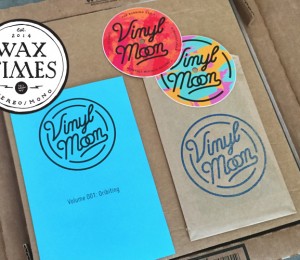

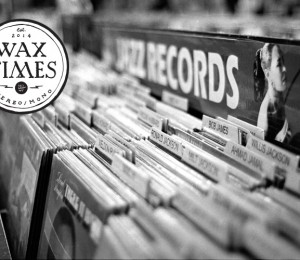
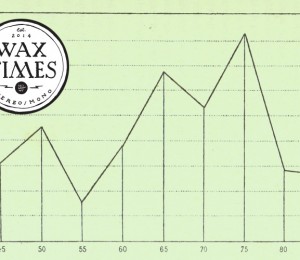
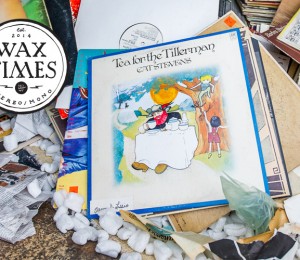
[…] received quite a bit of coverage earlier this year, first reviewing this album followed by a Q&A with owner Fred Thomas about the process of reissuing classic jazz albums. Recruited by Miles […]